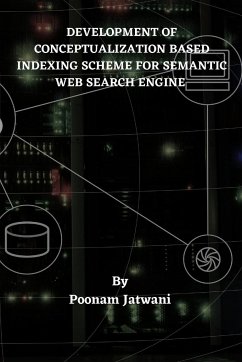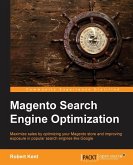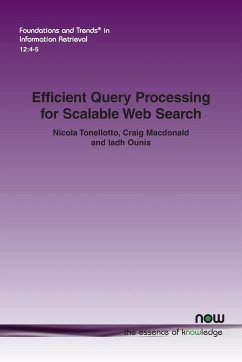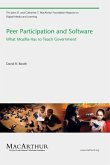During the last two decades internet and web became vehicles of sharing and using a large variety of web resources. Due to the widespread availability of its usage, it has become an indispensable tool. A plethora of information floods through the web every second. As the expectation of a user from the search engine is to display only a few selective pages from the billions available so to filter through this surplus, rather than post the plentitude of this vast collection in its entirety requires sifting information based on meaning. Traditional search engine is based on keywords and gives result on the basis of frequency of term appearance without considering their meaning. Present web consisting of HTML documents only display its contents, without understanding human intention so unable to find out context of word used. If the user enters a synonym of a word in the search box, keyword based search engine fails to retrieve actually required information desired by the user. Due to lack of semantics, web pages are unable to interpret the meaning and machine is unable to understand searcher intention. In this thesis, Sem-Model has been proposed to address the problems with these current indexing schemes. In this research work, to retrieve relevant information framework for extracting and visualizing semantic knowledge has been designed in which concept and relations among entities are extracted automatically to develop ontology representing facts and knowledge which helps in understanding user's need to retrieve relevant information. Ontology learning and Sentiment analysis is carried out on the dataset of tweets available using big data platform. The studies reflect the user's behavioural responses on a particular topic. To create semantic knowledge representation, semantic annotation has been done and documents are retrieved by matching the semantic description of user query with annotated documents







